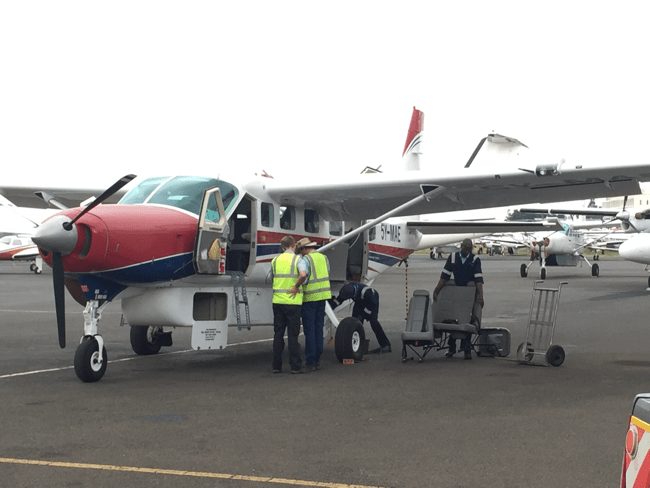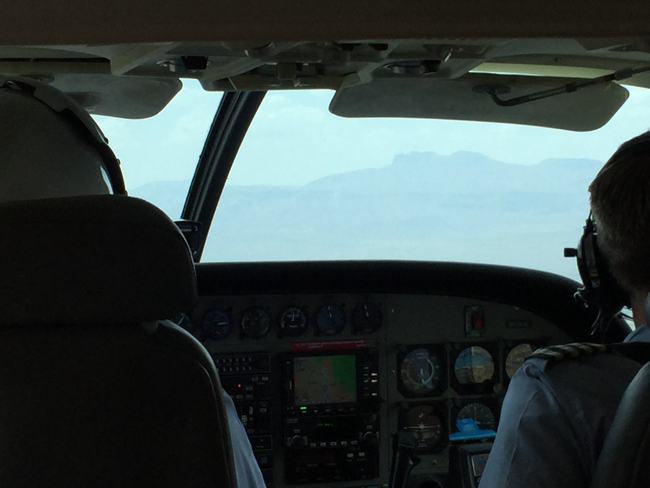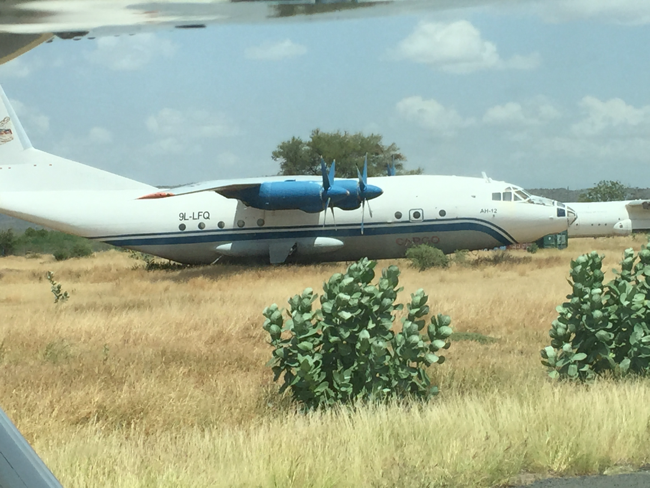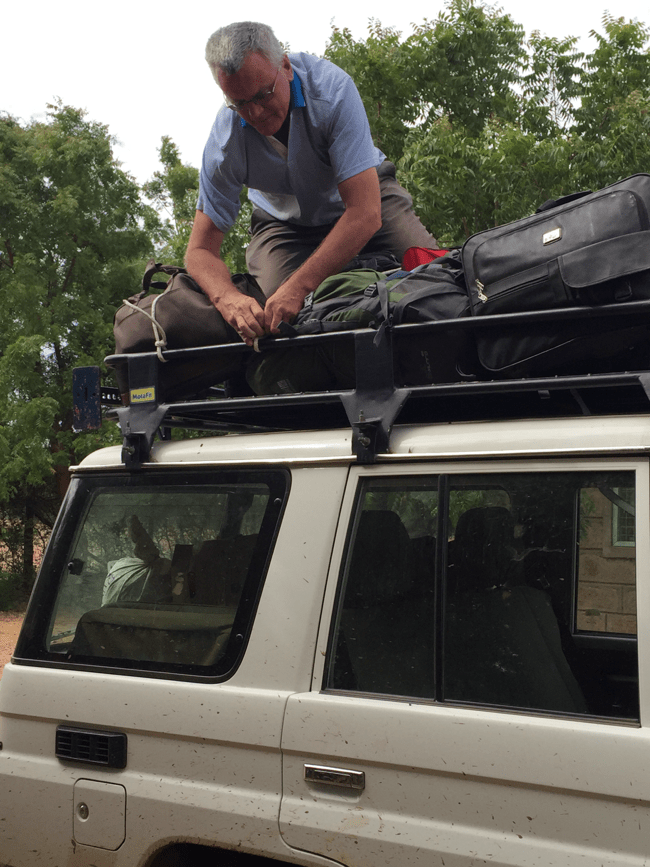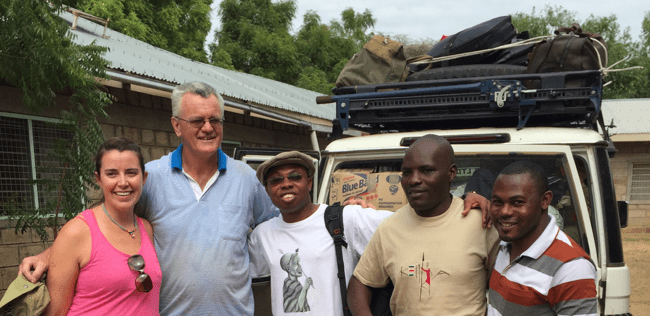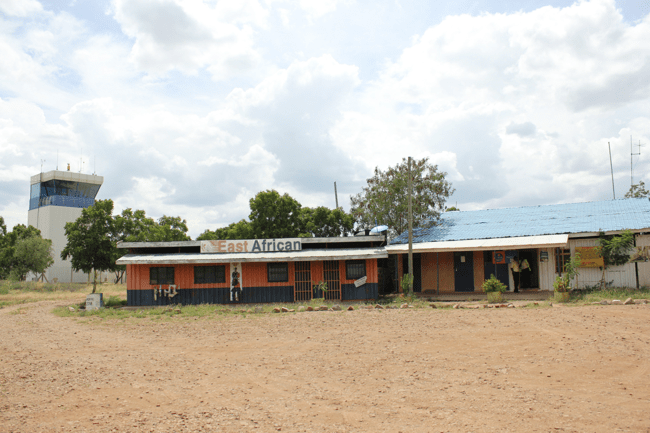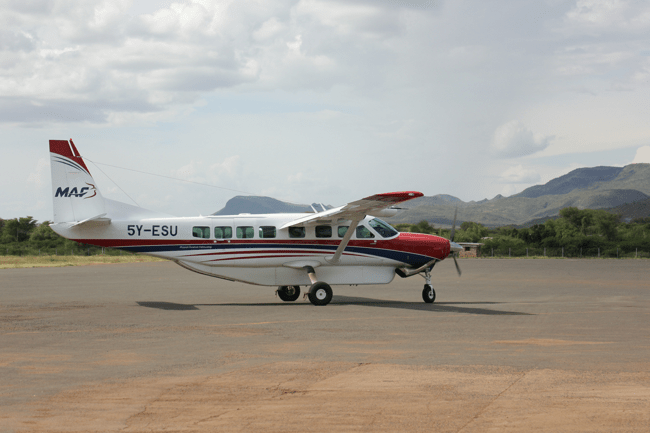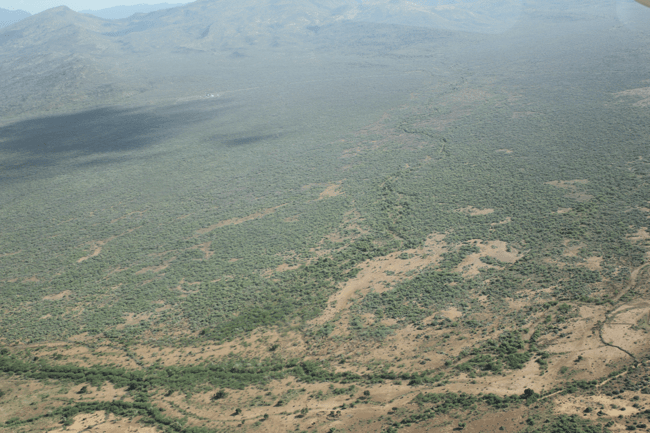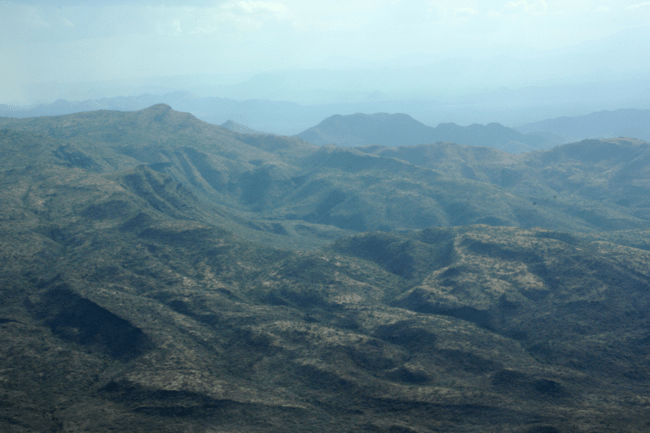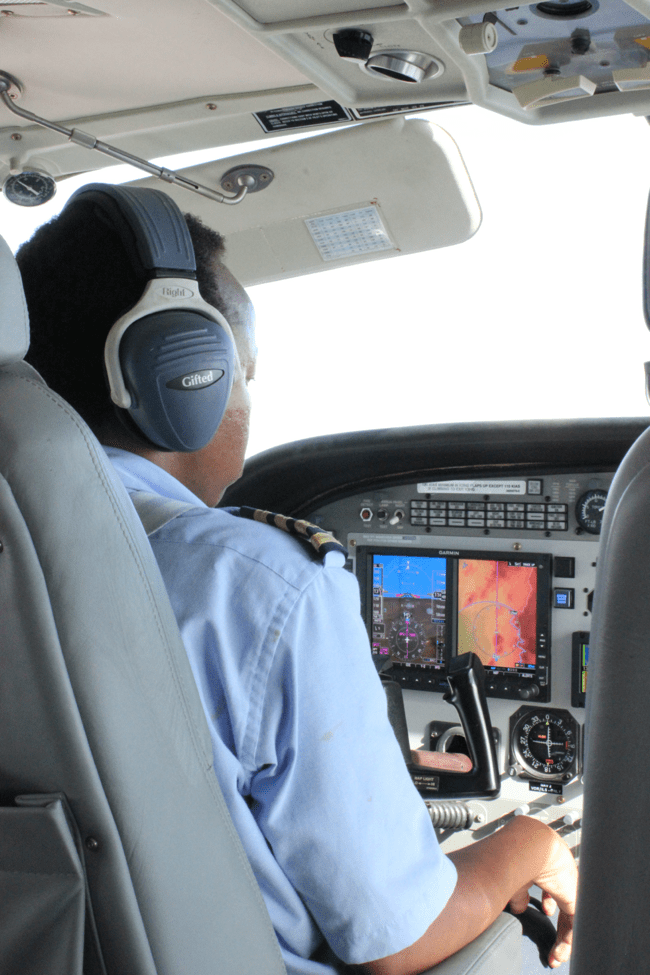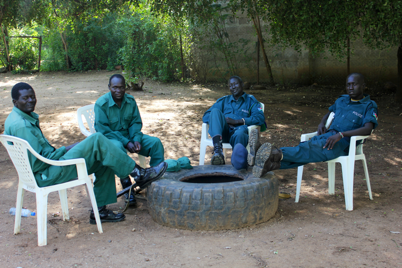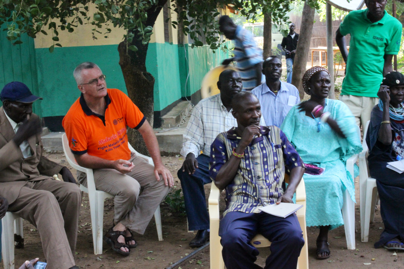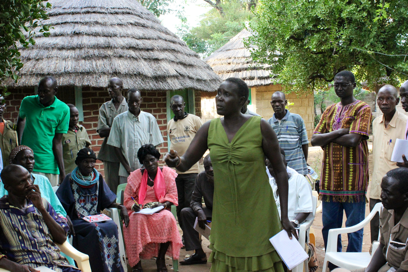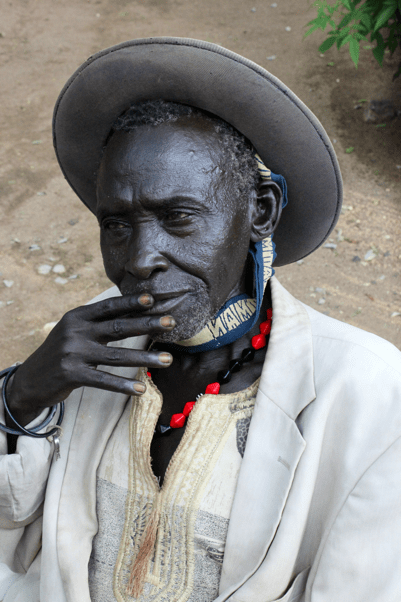Well I think it’s fair to say that it was a marathon journey. My visit this time is shorter than my last so I wanted to get to South Sudan as quickly as possible.
I flew the 9.5 hours from London to Nairobi on August 2nd. All very straightforward and now that the new terminal has opened in Nairobi, it was a mere 1.5 hours to get through the visa queue. I purchased my transit visa and met my taxi outside.
Now….at this point it’s worth saying that the 1.5 hour turnaround it took from when the flight touched down to my being in the car with the taxi driver impressed me. Last year I flew with two friends to Dulles Airport in Washington DC where 3.5 hours after our flight landed we were still in a queue. Nairobi with all its chaos was a great deal more efficient!!!
I made it to the St. Patrick’s house in Nairobi a little before midnight and had tea and a chat with Fr. Sean Cremin who, ever the prefect host, had waited up for me to arrive.
The following morning was an early start. The driver picked us up at 6am to go to Wilson airport to catch the flight to Lokichoggio. I was travelling with Fr. Emmanuel Obi who I had met two years ago during my last visit to Loki where he was spending time with Fr. Tom Laffan and learning the language. Emmanuel is a lovely man and the new Parish Priest of St. Joseph’s Parish in Narus.
Of course there was a little drama. The hangar from which we were supposed to leave was still locked when we arrived. We eventually found someone to let us in and weighed our baggage….and us! We were over weight and it looks like the 10kg of chocolate and cheese that I had safely packed in a frozen thermos bag might fall victim. I was willing to fight for it. Thankfully one person cancelled their trip at the last minute so we were given some of their weight allowance.
But then…disaster struck. A keen eyed official noticed that I had a bottle of whiskey in one bag. This was a problem. The aviation organisation that we flew with are a privately run endeavour for helping missionaries to reach the most isolated areas. They are run by a Protestant team and so alcohol is not welcome. There followed a huge amount of pleading, the application of a not inconsiderable amount of charm and the offer of a donation in return for the officials “unseeing” the bottle. I finally managed to board….with said bottle of very good Jamesons but not before using the last argument that I had in my arsenal…that the bottle actually contained Holy Water. Now, this isn’t entirely a lie. In Irish, the word for whiskey is “uisce beatha” which when translated literally means “water of life” or “Holy water”! It worked so I’m claiming it as a victory!!
Our 8:30am flight took off just after 9:30am. Fr. Emmanuel and I were joined by a young family. The father was a pilot with MAF and he, his wife and their three children were based in Juba. They were soon to move to Madagascar to operate MAF flights there.
We had one stop in El Dorret in central Kenya to pick up another passenger and to allow a pit stop for the smaller children before continuing on to Loki where Emmanuel and I were dropped off before the plane continued to Juba. Fr. Tim was waiting for us. It was great to be back in that part of the world again!
We arrived just in time for lunch.
The following day we planned to leave for Narus. We packed up the Land Cruiser and we departed for Narus.
I think my first taste of how things had changed since the outbreak of war in December 2013 struck me on leaving Loki. We were stopped at the barriers outside the town as we headed for the South Sudan border. One of the local taxis was stopped at the barriers too. There was a bit of to and fro before Tim got out of the vehicle and walked to the small metal hut near the barriers.
When he returned he told me that we were told that we must take an “escort” and that we must pay for the pleasure. The Kenyan army has been increasing its manpower at its border crossing with South Sudan and they use vehicles heading in that direction to get people there. I learned that Mowngi, the driver in Narus, had been arrested on the road when he was found to be travelling without an escort.
There was a certain nervousness in the vehicle as the young soldier joined Fr. Emmanuel and Fr. Matthew in the back armed with the trademark AK-47.
We eventually left Loki and there was silence in the car for what seemed like a long time. We were not soure of how much English the soldier spoke so better not to say anything. After a time, Tim suggested that we say a short prayer for safety on our journey. I think I felt like that might be a good idea.
Some time later, I asked Tim whether there was any point asking the soldier whether the safety switch was activated on his gun. We realised then that he didn’t speak English so the message was communicated in a mixture of Turkana and Swahili. He assured us that his firearm was secured.
We carried on at a snails pace over the Pan-African Highway…a rather lofty name for the glorified dirt track which connects Mombasa to Lagos but runs from Loki to Narus.
On reaching the Kenyan border, I saw that things had changed there too. The soldier left us for his post but I saw that a long fence had been constructed all along the border. This was new. I learned that the fence had been built some time after the war broke out in December 2013. It’s construction had been the source of a great deal of violence. The Toposa tribe grazed their cattle on both sides of the border and the fence would stop that.
After leaving Kenya, we crossed the no mans land to the South Sudanese border town of Nadapal. I will admit that there was not as much laughter or fun this time. I paid my $100 for my one month Visa and waited patiently on an armchair with no cushions near the 22 solar battery cells while the official applied the visa to my passport. Sadly, this time I was not Helena Eireannach but rather Heleba Eireannach. Its a good thing I’m not precious about the pronounciation or the spelling of my name!!
We got to Narus in time for lunch!
